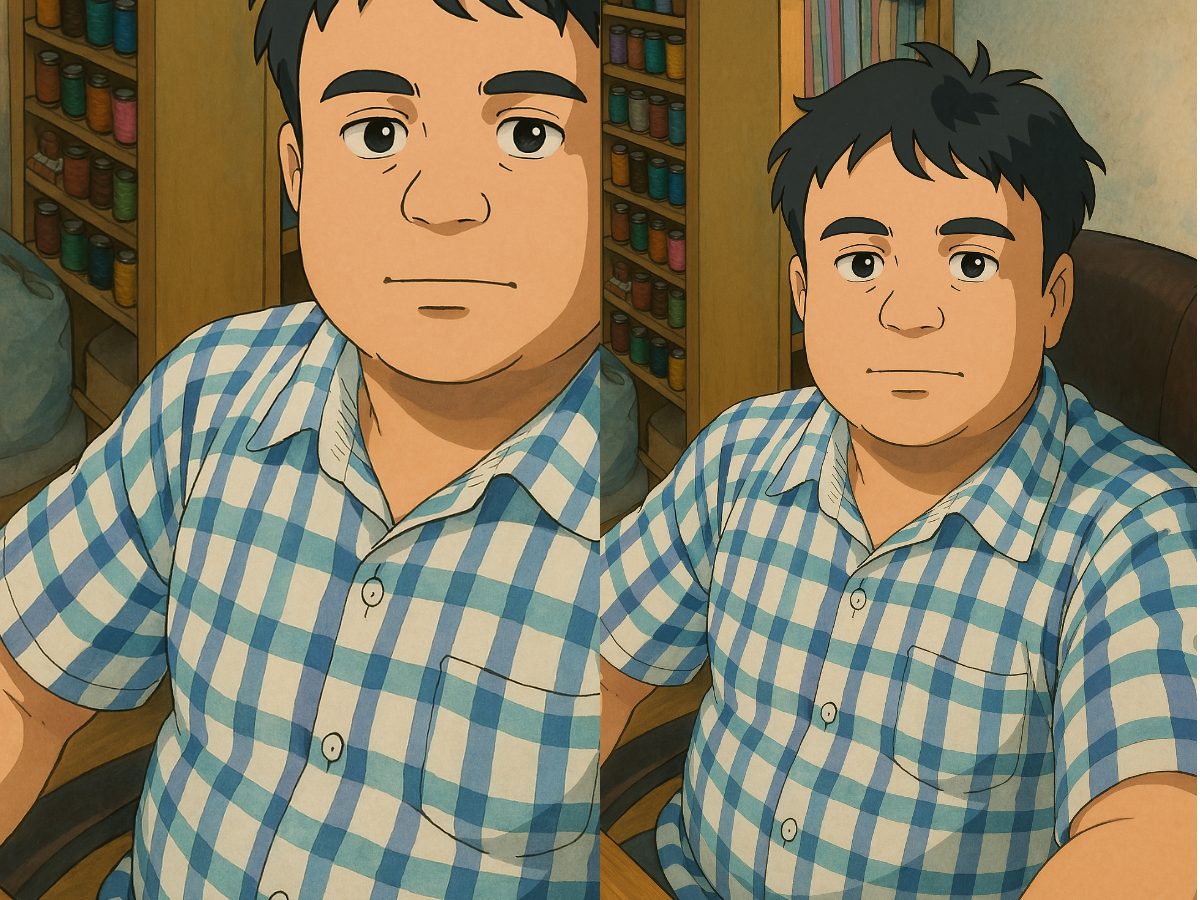Social media influencer and choreographer Dhanashree Verma is set to receive Rs 4.75 crore as alimony from her estranged husband and famous Indian Cricketer Yuzvendra Chahal. Also the Bombay High Court has allowed Chahal and Verma to waive six months cooling period post divorce. The court has also instructed the family court to decide the divorce plea of Chahal and his estranged wife Dhanashree Verma by March 20 because of the Punjab Kings cricketer’s participation in the Indian Premier League (IPL) 2025 season from March 22.
The couple got married in December 2020 but the trouble in their relationship did not take long to surface. They have been leaving separately since June 2022, but it was in February this year that they decided to file the divorce plea before the family court. A recent photo of Ms Verma getting intimate with a friend was perhaps the last straw that drew curtains on their troubled relationship.

The news of Ms Verma receiving a hefty alimony money has sparked intense debate on social media and in legal circles. What’s raising eyebrows is not just the size of the alimony but the fact that Dhanashree reportedly has a net worth of around Rs 24 crore. This has led many to question why alimony is still being awarded when both partners are financially independent. In a society where dowry is illegal, should alimony also be reconsidered, especially in cases where both spouses are equally capable of supporting themselves?
What is Alimony?
Alimony is a legal provision designed to provide financial support to a spouse after divorce, typically it is provided by the husband to the wife as traditionally, this was aimed at ensuring that women, who were often homemakers with little or no independent income, could maintain a similar standard of living after separation.
In our country alimony law was made when women were financially dependent on men. However, the social and economic landscape has changed significantly in recent times. Women are now more educated, employed, and financially independent than ever before. Despite this shift, alimony remains a standard practice in divorce settlements even when both the partners are self-sufficient and financially independent.
The Dhanashree-Chahal Case: A Question of Fairness
Dhanashree Verma, a successful YouTuber, choreographer, and social media influencer, has reportedly amassed a net worth of Rs 24 crore through brand endorsements, social media engagements, and other business ventures. On the other hand, Yuzvendra Chahal is one of India’s leading cricketers, with significant earnings from the Indian Premier League (IPL) and endorsements.
Given Dhanashree’s substantial financial standing, the decision to award her Rs 4.75 crore in alimony has raised questions about the logic behind such settlements. If both partners are financially independent, why should one be required to pay the other? Shouldn’t alimony be reserved for cases where one partner is genuinely in need of financial support?
The Dhanashree-Chahal Case: A Question of Fairness
Dhanashree Verma is a successful YouTuber, choreographer, and social media influencer and has a net worth of Rs 24 crore through brand endorsements, social media engagements, and other business ventures. On the other hand, Yuzvendra Chahal is one of India’s leading cricketers, with significant earnings from the Indian Premier League (IPL) and endorsements.
Given Dhanashree’s sound financial health, the decision to award her Rs 4.75 crore in alimony has raised questions about the logic behind such settlements. If both partners are financially independent, why should one be required to pay the other? Shouldn’t alimony be reserved for cases where one partner genuinely needs financial support and help.
The case of Dhanashree Verma’s Rs 4.75 crore alimony raises important questions about the relevance of alimony in modern India. If the purpose of alimony is to provide financial stability to a dependent spouse, does it make sense to award it when both partners are equally well-off? In a society that has rightly condemned and criminalized dowry, should alimony also be reconsidered under similar principles of fairness and equality? As social norms evolve, it may be time for Indian family law to adapt and ensure that financial settlements in divorce cases are based on need rather than outdated traditions.











